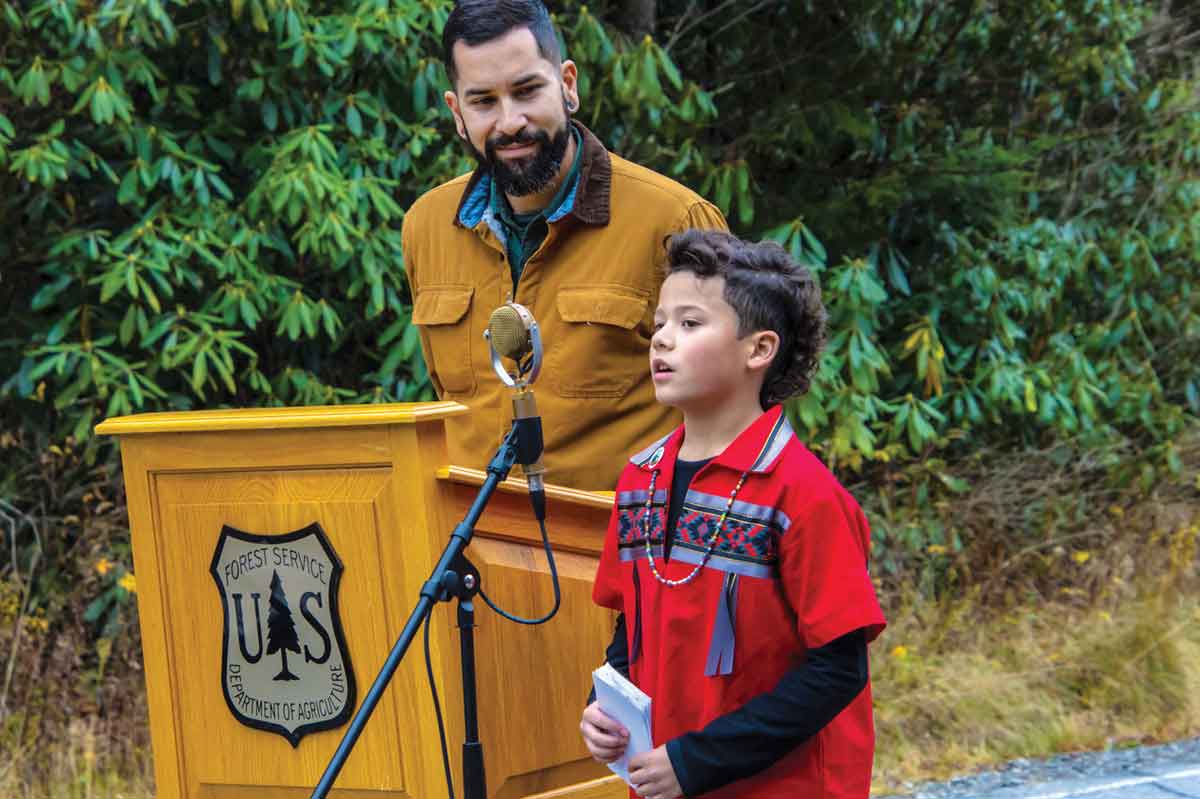A year in outdoors
, 2022-12-28 09:54:37,
From new parks to big birthdays to policy overhauls, 2022 has been a year of change and major milestones for the outdoors in Western North Carolina. Here’s my best stab at outlining some of the biggest news to enter the region’s outdoor world this year.
Parking at a price
The Great Smoky Mountains National Park overturned decades of precedent when it announced a proposal in April to start charging visitors for parking. The new rules, which received official approval in August, set the price at $5 per day, $15 per week or $40 per year. The proposal was the subject of intense debate, with the park receiving 15,512 comments on the parking tag program and other fee increases. Many area residents think of the Smokies as their own local park, and because the terms of a 1951 deed transfer in combination with a 1992 federal law mean the park can’t charge an entrance fee, they had understood it would remain free to use forever. However, proponents of the fee say that park use has increased too sharply and with too little funding from the federal government for the Smokies to sustain its operations without the parking tag program. The new fees will become effective in March. The park is also taking measures against rampant roadside parking at popular trailhead areas, and those efforts have already begun.
Future of the Pisgah-Nantahala
Ten years ago, the U.S. Forest Service started meeting with stakeholders to discuss a monumental effort to revise the forest management plan for the Pisgah and Nantahala National Forests. After dozens of meetings, multiple rounds of public comment and robust public debate, the Forest Service has released its final plan — almost. The plan, published in January, laid out the framework for management decisions on the 1-million-acre forest for the next two decades, but it also gave the public a chance to object before the new plan went into effect. And object they did. The Forest Service accepted 891 objections as meeting its criteria to participate in objection resolution meetings, which were held in August. Deputy Regional Forester Rick Lint is charged with crafting a written response to these objections, which may include instructions for changes in the final plan. Forest Supervisor James Melonas was expected to sign the plan into effect — with any required changes — this fall. As of press time, it looks like the final answer for the future of the Pisgah-Nantahala will wait until 2023.
- Coche Tiger…
,
To read the original article, go to Click here



 Private Internet Access gives you unparalleled access to thousands
of next-gen servers in over 83 countries and each US state. Your
VPN experience will always be fast, smooth, and reliable.
Private Internet Access gives you unparalleled access to thousands
of next-gen servers in over 83 countries and each US state. Your
VPN experience will always be fast, smooth, and reliable.



